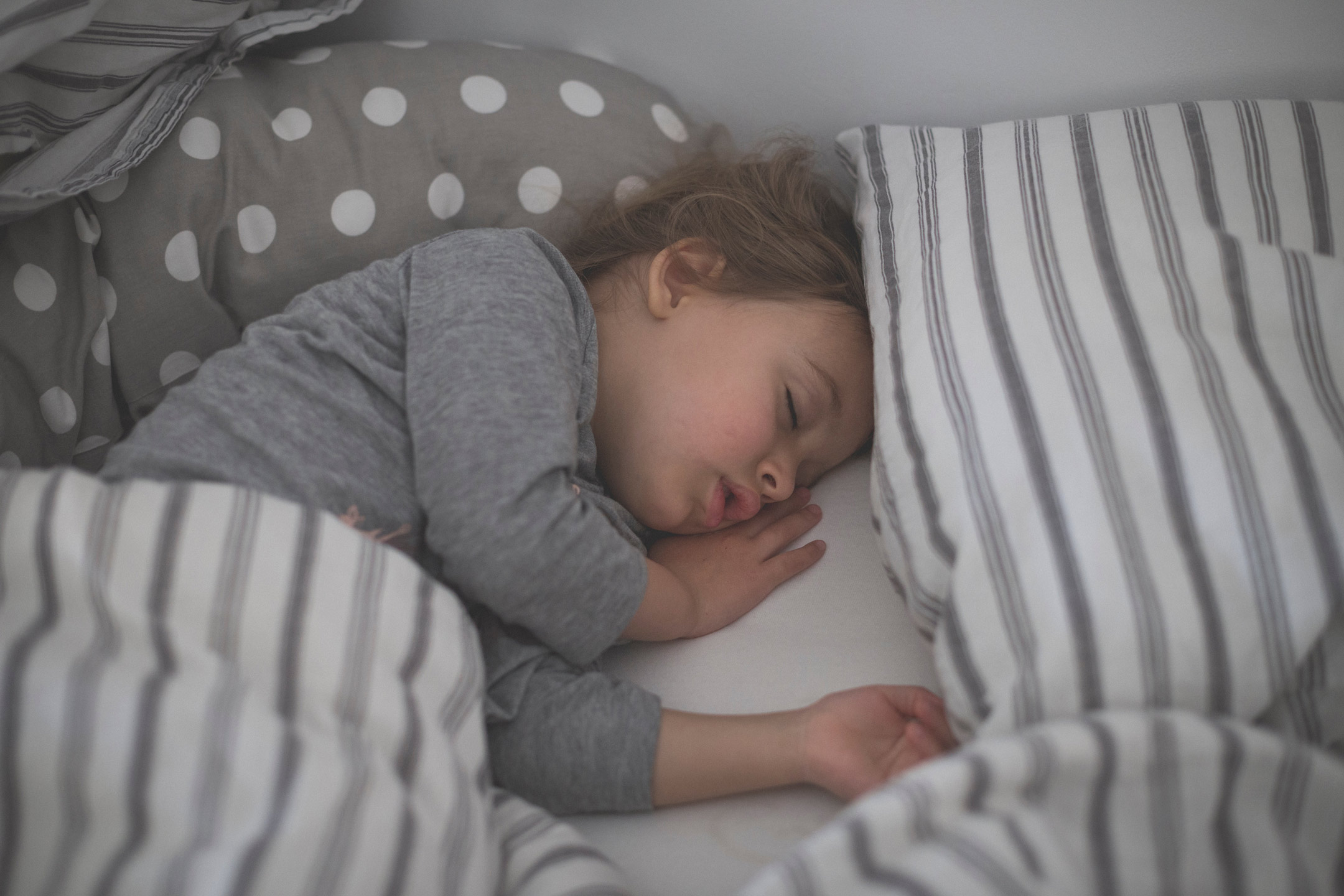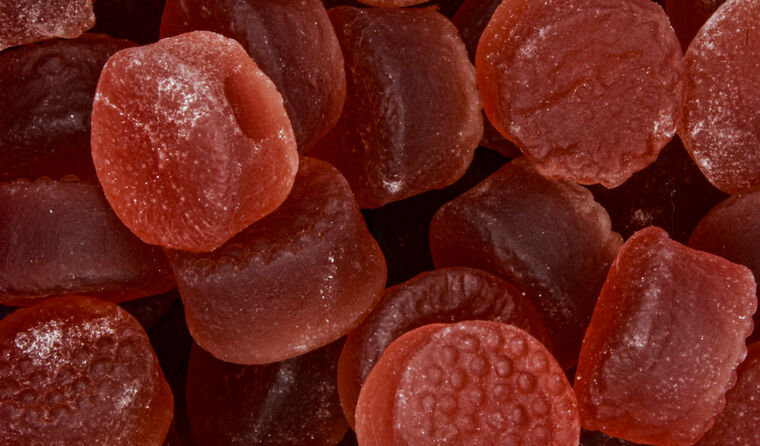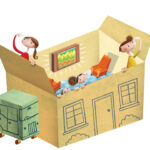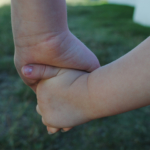
11 Sep Melatonin Gummies Suspended: Why Parents Should Rethink Children’s Sleep Solutions
Rising overdoses prompt sales halt.
An international retailer has suspended sales of melatonin gummies and supplements in Australia after a sharp rise in overdoses among children, prompting fresh warnings for parents to focus on safe sleep routines.
The US-based store iHerb confirmed it has paused all melatonin sales to Australian customers. Poisons Information Centres in Western Australia and New South Wales have reported a surge in calls about accidental overdoses, mainly involving young children who mistook gummies for lollies.

A close-up of red colored melatonin gummies
Dr Tim Jones, Chair of the RACGP’s Child and Young Persons’ Health group, said it is “only due to luck” that no Australian child has died. “Melatonin is a hormone, not a nutritional supplement. The problem with gummies is that children take too many because they taste good,” he said.
He also warned that online supplements are unreliable, with tests showing wild variations in dosage. “Parents often notice their child is excessively drowsy one night and unaffected the next. That inconsistency is a big concern.”
Better sleep habits first
Dr Russell Conduit, Associate Professor of Psychology at RMIT and an international expert in sleep research, advises that parents should always try non-medication strategies before resorting to melatonin.
“Good sleep hygiene should be the first step,” he said. “Relaxation apps, bedtime stories, and consistent routines are far more effective for long-term health than reaching straight for supplements.”
He added that the long-term effects of melatonin use in children remain unclear.
Sleep challenges are common
Around 30% of preschoolers will experience sleep difficulties at some stage. Dr Jones said families should see this as normal and feel confident seeking support from their GP.
“With the right routines, kids don’t just sleep better now — they build healthy sleep habits for life,” he said.
While melatonin may help some children, such as those with autism, experts stress it should never be treated casually or used without medical advice.




